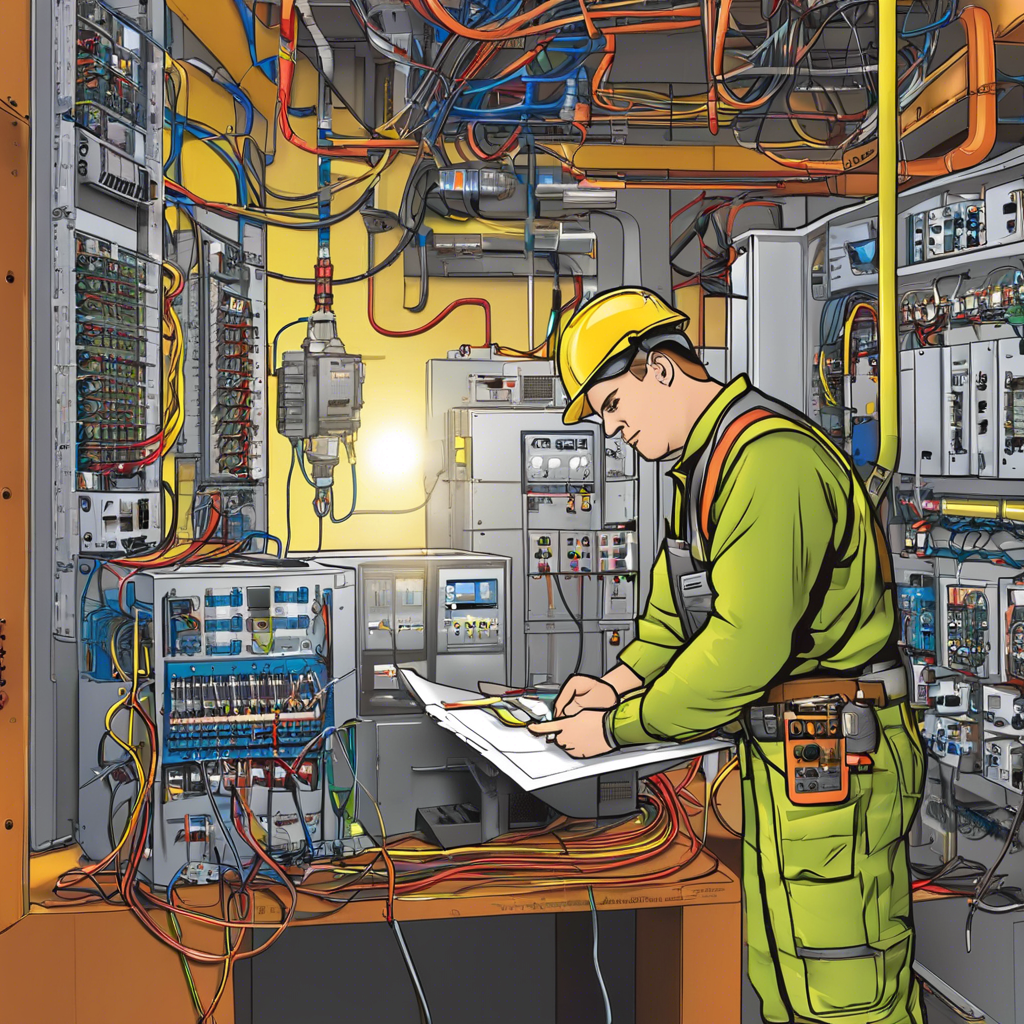Electrical technician training is a crucial aspect of the workforce, ensuring that individuals are equipped with the necessary skills to work in various electrical fields. Whether it’s wiring buildings, maintaining power systems, or troubleshooting electrical issues, trained technicians play a vital role in keeping our modern world running smoothly. In this article, we will delve into the details of electrical technician training, exploring the requirements, curriculum, job prospects, and the importance of this profession in today’s society.
To become an electrical technician, individuals typically need to complete a formal training program that provides both theoretical knowledge and hands-on experience. These programs are offered by technical schools, community colleges, and vocational institutions. The duration of training can vary, with some programs lasting a few months to a year, while others may take up to two years to complete. During their training, students learn about electrical theory, circuitry, safety protocols, and industry regulations.
One of the essential aspects of electrical technician training is gaining practical experience through internships or apprenticeships. Working alongside experienced professionals allows students to apply their classroom knowledge in real-world scenarios, honing their skills and building confidence in their abilities. This hands-on experience is invaluable in preparing students for the challenges they will face in their future careers as electrical technicians.
In addition to technical skills, electrical technician training also emphasizes the importance of safety practices in the workplace. Electrical work can be hazardous if proper precautions are not taken, so technicians are trained to identify potential risks, use protective equipment, and follow safety protocols to prevent accidents and injuries. By instilling a culture of safety during training, future electrical technicians are better equipped to create a secure work environment for themselves and their colleagues.
The curriculum of an electrical technician training program typically covers a wide range of topics to ensure that students are well-rounded in their knowledge and skills. From basic electrical concepts to advanced troubleshooting techniques, students learn the fundamentals of electricity and how it is utilized in various applications. They also study electrical codes and regulations to ensure that their work complies with industry standards and building codes.
Upon completing their training program, aspiring electrical technicians may choose to pursue certification to demonstrate their expertise in the field. While certification is not always required, it can enhance job prospects and credibility in the eyes of employers. Organizations such as the National Institute for Certification in Engineering Technologies (NICET) offer certification exams for electrical technicians at different levels of expertise.
The demand for skilled electrical technicians is expected to remain strong in the coming years, driven by the growth of industries that rely on electricity, such as construction, manufacturing, and utilities. As infrastructure continues to expand and modernize, the need for qualified technicians to install, maintain, and repair electrical systems will only increase. This presents a promising outlook for individuals considering a career in this field.
In terms of job prospects, electrical technicians can find employment in a variety of settings, including construction companies, electrical contractors, maintenance departments, and government agencies. Some technicians may specialize in specific areas, such as residential wiring, industrial machinery, or renewable energy systems, depending on their interests and expertise. The versatility of the skills acquired during training allows technicians to adapt to different work environments and challenges.
The role of an electrical technician is multifaceted, requiring not only technical proficiency but also problem-solving skills, attention to detail, and effective communication with clients and colleagues. Whether they are installing lighting fixtures in a new building, troubleshooting a malfunctioning circuit, or upgrading electrical panels, technicians must be able to work independently and as part of a team to deliver quality results.
In conclusion, electrical technician training is a valuable investment in one’s future, providing the knowledge, skills, and certification needed to succeed in a dynamic and essential industry. By undergoing comprehensive training, gaining practical experience, and staying updated on industry trends, aspiring technicians can embark on a fulfilling career path with promising opportunities for growth and advancement. If you have a passion for electricity and a desire to make a tangible impact in your community, consider pursuing training as an electrical technician and join the ranks of skilled professionals powering the world forward.
